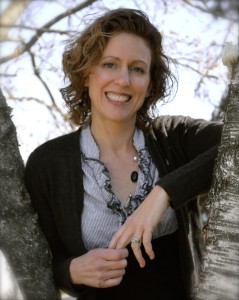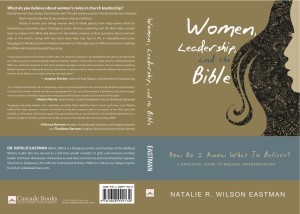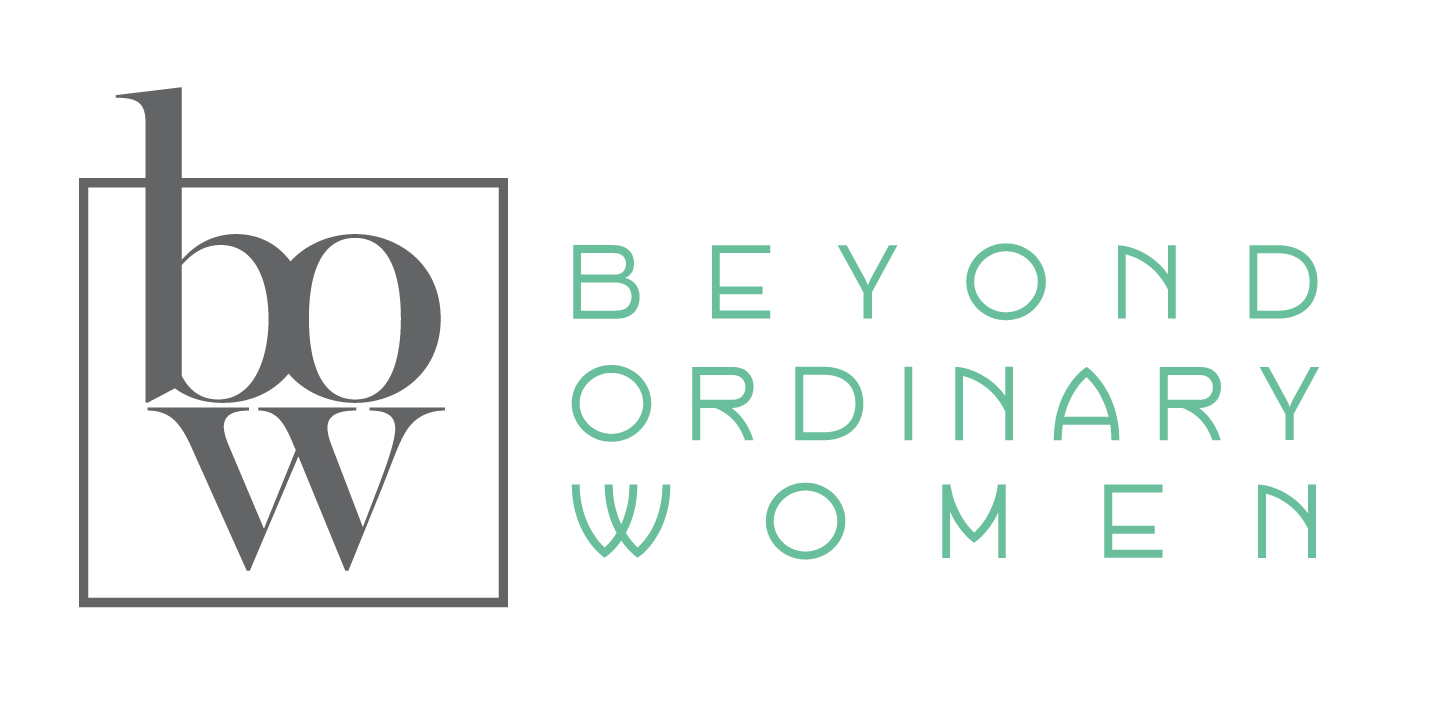 When I think of our guest interview today, I smile. Don’t you love people that make you happy simply by thinking of them?
When I think of our guest interview today, I smile. Don’t you love people that make you happy simply by thinking of them?
I met Natalie Eastman over a decade ago when we spent two weeks in class together each summer for three years in our DMin cohort at Gordon-Conwell Seminary. It is a great delight to introduce you to her and her book Women, Leadership and the Bible: How Do I Know What to Believe?: A Practical Guide to Biblical Interpretation.
If you are a ministry leader or hope to influence others through your faith, you need to know how to study the Bible for yourself. What you believe should be born out of your own study, not solely because someone told you what to think on the subject, as well-intentioned as she may be. Natalie’s book is purposed to help those who aren’t sure how to do that. Using the debated issue of women leaders in the church, she helps the reader work step by step through the process of study.
should be born out of your own study, not solely because someone told you what to think on the subject, as well-intentioned as she may be. Natalie’s book is purposed to help those who aren’t sure how to do that. Using the debated issue of women leaders in the church, she helps the reader work step by step through the process of study.
Natalie recently answered some questions about her book.
Q: What inspired you to write Women, Leadership, and the Bible?
A: Over the course of my nine years in one church, whether I was on staff or acting as a volunteer, as I was initially for three years, I had many, many people of all ages ask me, sometimes in tears, “What does the Bible say about women’s roles? What does God say about it?” There were a lot of ways people asked these two questions, but this was the crux of it.
Despite my roles at church, despite my extensive ministry experience and in-the-field ministry-related training, and despite the fact that I was on staff full-time, I did not know.
More importantly, I did not know how to know. As with many other positions for women in churches across North America, in my six-page job description, there was no mention of an expectation that I should have any form of formal theological education or training. Nor was there any suggestion that, if I did not already have that background, I should pursue it once on staff, in order to effectively and accurately teach the Bible to the young people in our ministry.
The result was that the best I could do was offer them a flat reading of certain passages of which I was mildly aware and which I did not truly understand, our denomination’s position, and perhaps the latest book, sermon, or other resource I had read on the issue (or skimmed—or at least someone I knew had read it and told me about it), and my feelings about it.
At best, I was offering them regurgitated information; at worst, misinformation. Even though I meant well, I had no idea how to interpret Scripture to find answers for them or myself with any sense of credibility, defensiblity, or integrity. And I had even less idea how to filter through the many voices “out there” in Christendom that conflicted – emphatically and sometimes rudely – on their interpretations and opinions, all claiming to be biblically correct and spiritually discerned.
Q: What’s the purpose of your book, Women, Leadership, and the Bible: How Do I Know What to Believe?
A: To teach women to study the Bible, interpret what they study, and understand what they’ve interpreted, along with how what they’ve learned impacts and guides their life.
The term “empowerment,” it seems to me, is vastly overused these days. Yet, admittedly, that’s exactly what I’m doing through WLB and Biblical Breakthrough!
Through equipping women with seminary-level tools by which they can study, understand, and interpret the Bible; then, stuffing them full of confidence through constant encouragement that they can do this, I hope to empower them to change from an internal status of paralyzed and possibly ignorant (or simply the feeling that one doesn’t know much or enough) to confident, ready, and trained to engage and effectively apply God’s Word with theological reliability and biblical skill.
Of course I hope this empowers and encourages any Christian wanting to become more grounded in God’s Word, not women only; but my primary mission and calling is to and for women.
On an emotional level, I simply want to tell Christians, especially women, “You can do this.” This is not rocket science. Nor do these abilities rely on a special gifting of the Holy Spirit. These are learned skills. Anyone who puts their mind and effort toward the training can and will learn how to know what the Scriptures are saying, as well as what they’re not saying. They can learn how to filter through the many voices “out there” that interpret God’s Word; how to tell the difference between when someone’s giving their opinion about what God’s Word says and when they’re interpreting; and what to do with the many conflicting opinions and interpretations. It can be done. People do it every day. And you can do it with greater skill and effectiveness, while still being sensitive to and filled with God’s very presence throughout the process.
Q: How could things change if every Christian woman were to read your book?
A: Just IMAGINE a world in which Christian women humbly, yet skillfully study Scripture to get clarity on their hardest biblical questions! And imagine women sifting and sorting through all kinds of opinions and interpretations as they study and consider what the Bible’s text says! True freedom and self-confidence await the woman who engages the material in Women, Leadership, and the Bible. That freedom and confidence come from knowing and understanding not only what she believes, but why she believes what she believes. She will know she has formed her own thoughts, opinions, and interpretations using reliable, tested, and grounded methods, carefully testing her own and her community’s beliefs against Scripture. It is life-changing!
If women can engage their difficult life-issues with competent biblical integrity (and they can!) rather than relying exclusively on emotions, what others say, or the last book they read’s interpretation, as I did for so long, just imagine the difference this will make in their lives, their churches and, yes, the world!
Women (and men who learn these skills, too) can feel confidence before God that they are attempting to understand his Word as best they can, as they subsequently seek to follow and obey it.
Thank you, Natalie! I also have a heart that followers of Jesus study the Bible for themselves. My hope is that everyone who reads this will take steps to reach that goal for himself or herself.
